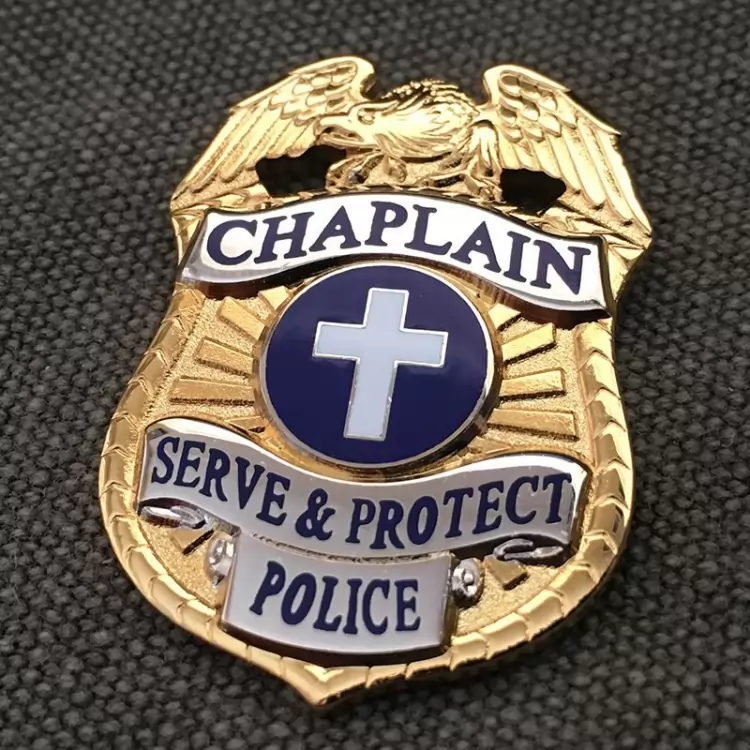How to Become a Law Enforcement Chaplain
Since law enforcement chaplaincy programs function within the authority of their sponsoring agencies, the head of each agency officially approves each individual to serve as a law enforcement chaplain for their agencies, generally for a specified term. Read below to learn more about how to become a law enforcement chaplain.

Getting Appointed as a Chaplain
Within a law enforcement agency, chaplains may be paid or unpaid, full-time or part-time. An agency may establish a volunteer chaplaincy program, which may serve as the entire chaplaincy for the agency or as a supplement to a program that employs full-time chaplains. In some instances, a full-time, salaried law enforcement chaplain is preferred to part-time volunteers. Either way, and as mentioned above, the head of each agency officially approves each individual to serve as a law enforcement chaplain for their agencies, generally for a specified term.
The selection process for law enforcement chaplains varies by agency. For chaplains to function successfully within an agency, it is important that they be selected with care and with consideration for the needs of the agency. Many agencies utilize the services of local inter-denominational associations or clergy in the selection process, and most agencies employ procedures for selecting chaplains that are similar to the procedures they use for selecting officers, including personal interviews and extensive background checks.
After individuals are approved or appointed as law enforcement chaplains, they will function regularly within their agencies, getting to know the organizational structure, personnel, and dynamics more intimately. As they serve, chaplains should generally act as representatives of their faith traditions, but it is important that serve in an ecumenical way that does not favor one faith tradition over another. Based on the policies of each agency, the ongoing service of individual law enforcement chaplains may depend on their compliance with agency protocols and their ability to remain in good standing with the religious organizations they represent.
To start the process of becoming a chaplain, contact your local law enforcement agency. If you need help contacting a specific agency, ICPC may be able to help by referring you to a chaplain within the agency you desire to serve. Contact the ICPC office to learn more.

